JD Sports has hit out at the competition watchdog after a final ruling ordered the retailer to sell the Footasylum business it acquired back in 2019.
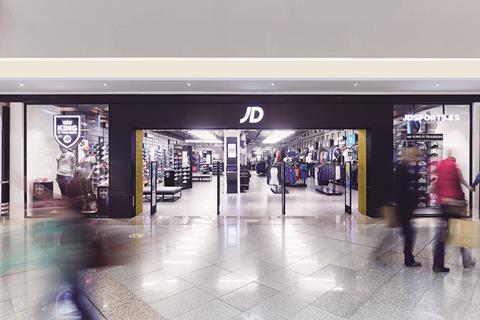
The Competition and Markets Authority (CMA) ruled this morning that the takeover could lead to “a substantial reduction in competition and a worse deal for Footasylum’s customers”.
The CMA, whose initial verdict to block the merger was quashed by a Competition Appeal Tribunal (CAT) a year ago, maintained that JD Sports was the closest alternative for Footasylum shoppers.
It stated that any merger would result in Footasylum no longer facing competition from JD Sports. It suggested that could result in fewer options for UK consumers and the potential for higher prices, fewer discounts and less choice of products in store.
JD Sports described the CMA’s ruling as “inexplicable” and “extreme and unprecedented”. It also noted that the CMA had agreed with JD on several aspects following its elongated inquiry.
The CMA acknowledged that JD’s most important competitors were the direct-to-consumer operations of international brands such as Nike and Adidas, rather than Footasylum, which currently holds a market share of less than 5%.
JD added that the merger would not, therefore, reduce competition. Such intense competition from global sports brands would also remove any incentive to raise prices or reduce offers at Footasylum, JD argued.
JD Sports executive chair Peter Cowgill said: “The CMA rightly concludes that, following the acquisition of Footasylum, JD would have no incentive to raise prices or worsen its offer as its most important competitors are the DTC operations of the international brands themselves.
“However, the CMA has then somehow concluded that the competitive threat from DTC does not extend to Footasylum and that JD would have an incentive to worsen the offer in Footasylum to the detriment of both consumers and suppliers. We would suggest that the CMA is in a minority of one in reaching this conclusion.
“Overall, the CMA’s decision today continues to be inexplicable to anyone who understands what difference the pandemic has made to UK retail and how competition and the supply chain in our markets actually work. It is deeply troubling at a time when the UK high street has been seriously damaged already and is vulnerable to further closures.”
Kip Meek, chair of the CMA inquiry group, said: “The UK boasts a thriving sports fashion market and today’s decision reflects our commitment to keeping it that way. We strongly believe shoppers could suffer if Footasylum stopped having to compete with JD Sports. It is likely they would pay more for less choice, worse service and lower quality.
“The pandemic may have altered the way we shop but innovative businesses, driven by healthy competition, will rise to the challenge and successfully cater to changing tastes and habits.
“The evidence we have analysed shows that JD Sports and Footasylum are adapting well to market conditions and would continue to be profitable should the merger not go ahead.”
- Don’t miss the best of the week – sign up to receive the Editor’s Choice every Friday






















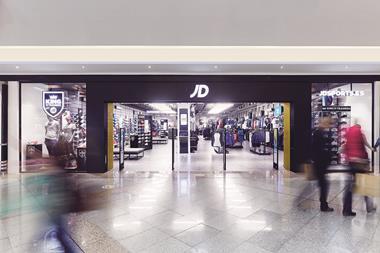
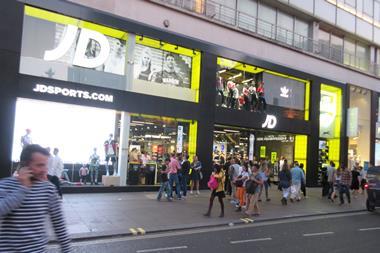
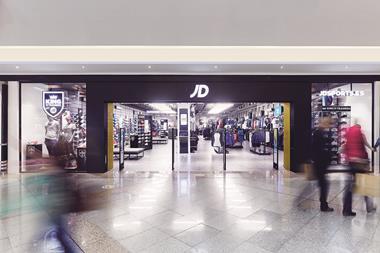
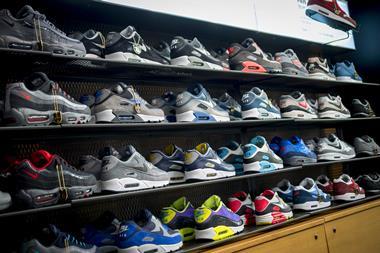
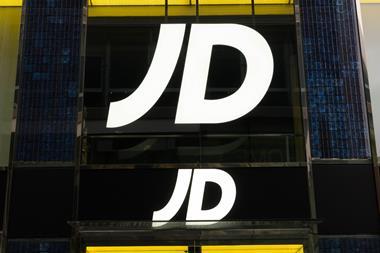
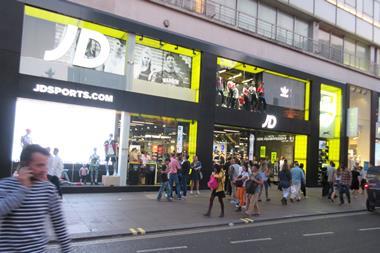
No comments yet